Star Trek’s Most Mature Theme Hidden In Its Strangest Episode
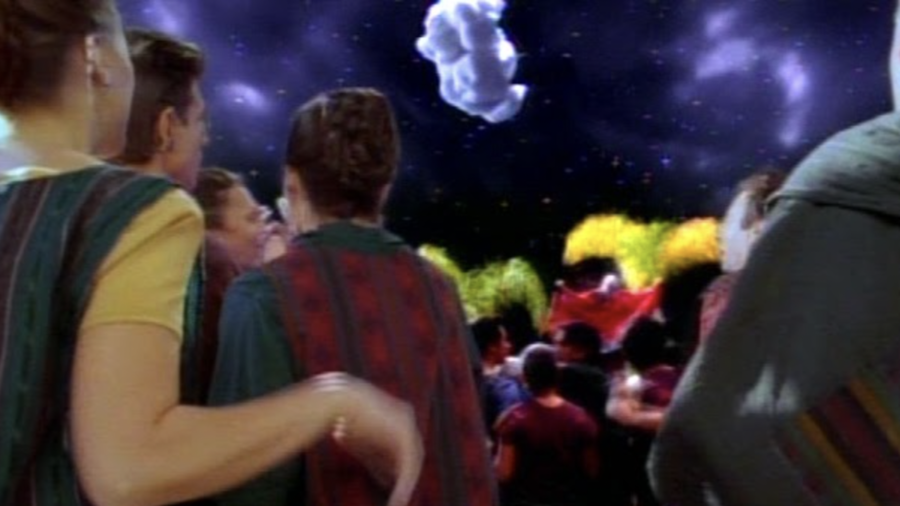
Star Trek is a series known for its powerful themes, with episode after episode devoted to things like the futility of war and prejudice. However, in an ironic twist, the franchise’s most powerful theme is hidden in one of the most obscure episodes. In the Star Trek: Deep Space Nine episode “The Storyteller,” the show emphasized humanity’s need to invent our own monsters just so we can feel powerful when we stop them.
Deep Space Nine’s Storyteller
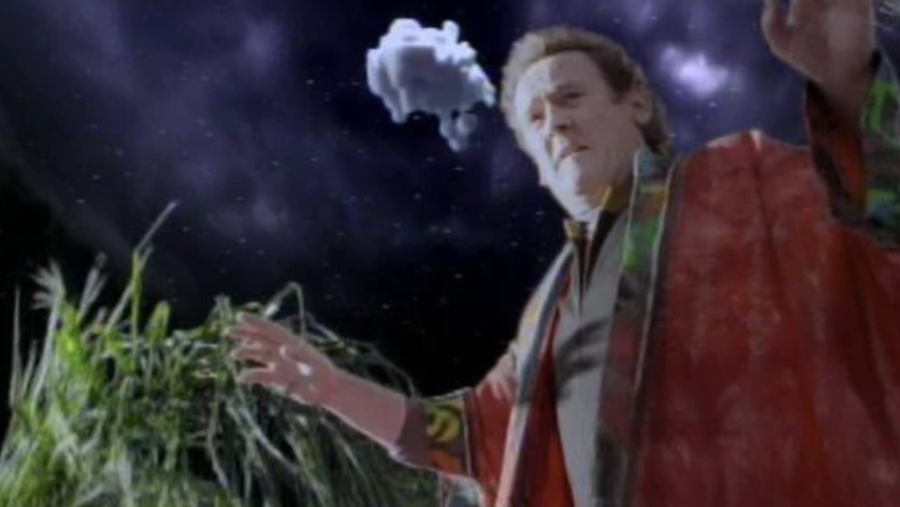
Incidentally, the theme of this Star Trek episode came straight from the showrunner. According to Michael Piller, “What really appealed to me was the great theme that sometimes we create our own monsters so that we can defeat them and feel secure in our power.”
This is in reference to the episode’s revelation that the “monster” terrorizing a Bajoran village was artificially created.
The only way for villagers to make it go away was to unite their thoughts. The whole thing was a not-so-subtle way of unifying a village that would otherwise be torn apart by interpersonal conflict.
A Powerful Theme
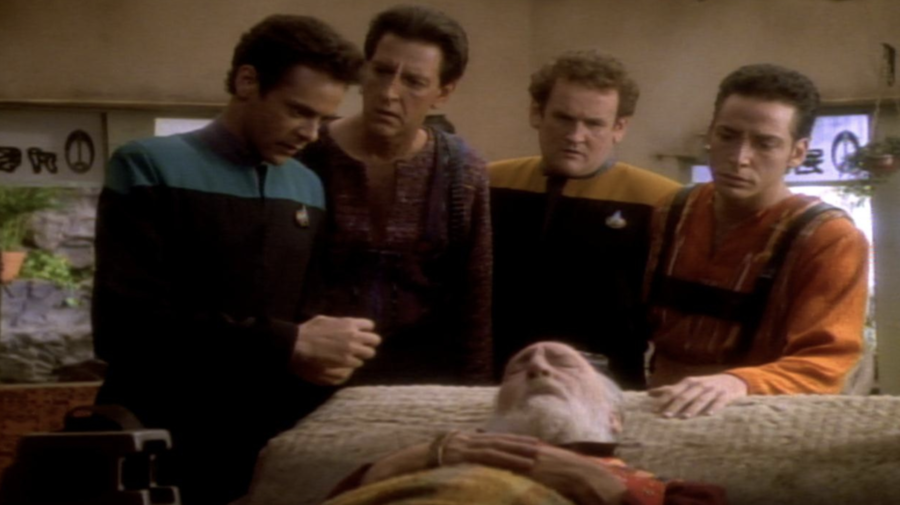
For Star Trek fans, it’s easy enough to treat “The Storyteller” as a fun romp…an episode where Chief O’Brien gets to be a king, dress like local church play Moses, and save the day (at least, at first) by yelling at a cloud.
However, Piller’s commentary reveals that the goofy trappings of this episode serve to obscure a powerful theme. That theme, explored to its most logical extreme, helps us better understand the franchise and even humanity as a whole.
Unifying Hearts And Minds
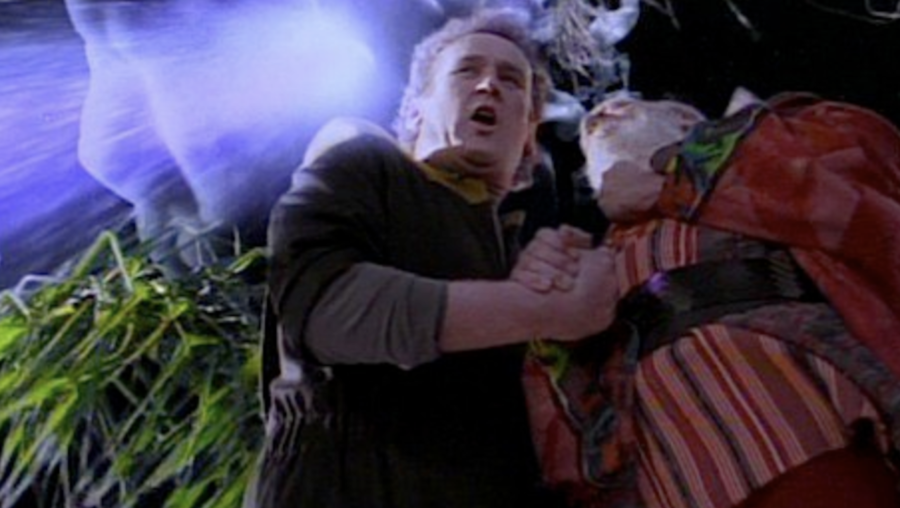
As one of those lifelong Star Trek fans, I appreciated that “The Storyteller” subverted my expectations. The monster (Dal’Rok) first appears like any other goofy villain, and I fully expected O’Brien to save the day with a phaser or maybe a keen bit of engineering prowess.
Instead, true to the episode’s title, we discover that this monster can only be defeated by a story…specifically, by a village leader telling the tale of the village coming together to defeat the Dal’Rok.
This unifies their hearts and minds, temporarily banishing the creature and bringing the villagers closer together.
A Common Enemy To Defeat
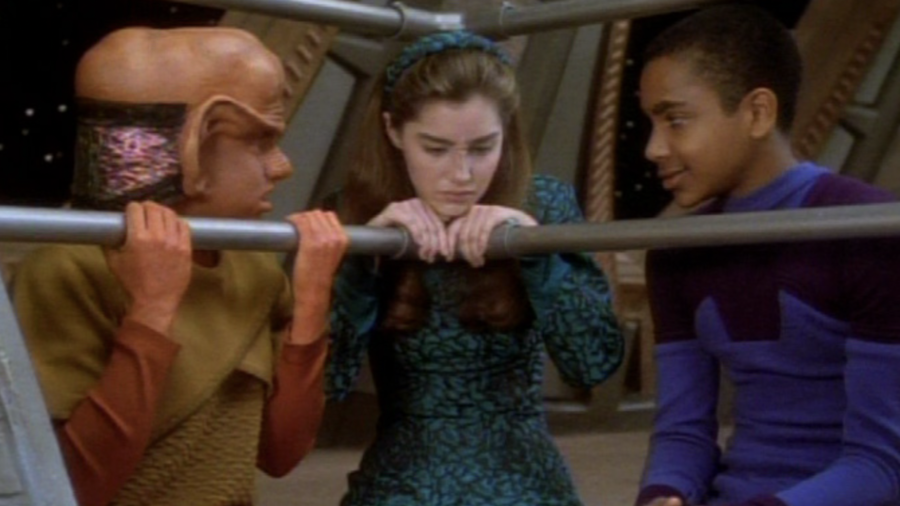
In a nutshell, the story is about human psychology, with a cynical emphasis that people only really come together when they have a common enemy to defeat.
That idea echoes some earlier genre hits (most notably Watchmen), but it also echoes our real world, where (especially in an election year) everyone seems divided into warring tribes united by their hatred of some kind of “other.”
Arguably, this idea even sets up later Deep Space Nine arcs, like when the encroaching threat of the Dominion is enough to bring the Federation, the Klingons, and the Romulans together.
A Clear Message
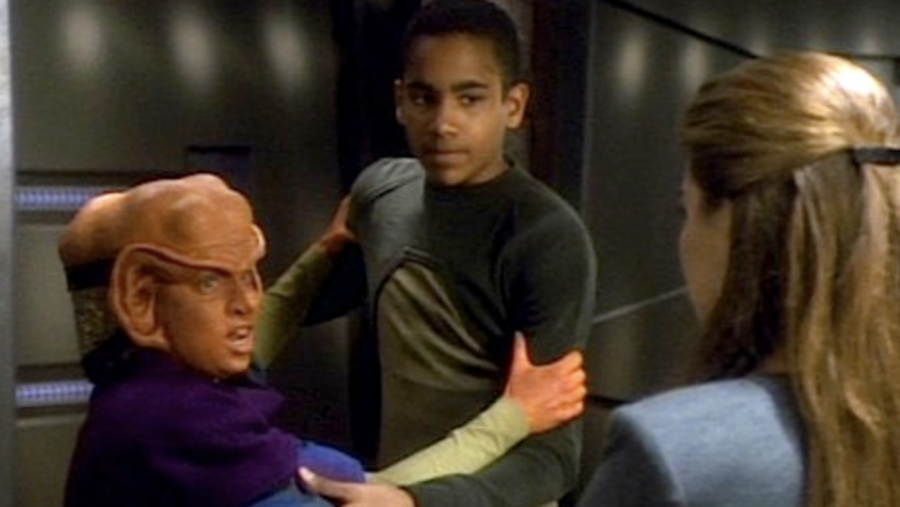
If this was a lesser Star Trek story, “The Storyteller” would likely end with O’Brien exposing the ruse to the villagers and letting them create a new destiny for themselves.
Instead, though, the episode ends with O’Brien getting relieved by a different storyteller, one who successfully bands everyone together against the monster.
The message seems clear: for most people, the closest thing to a shared reality is our collection of shared cultural narratives.
Stranger Than Fiction
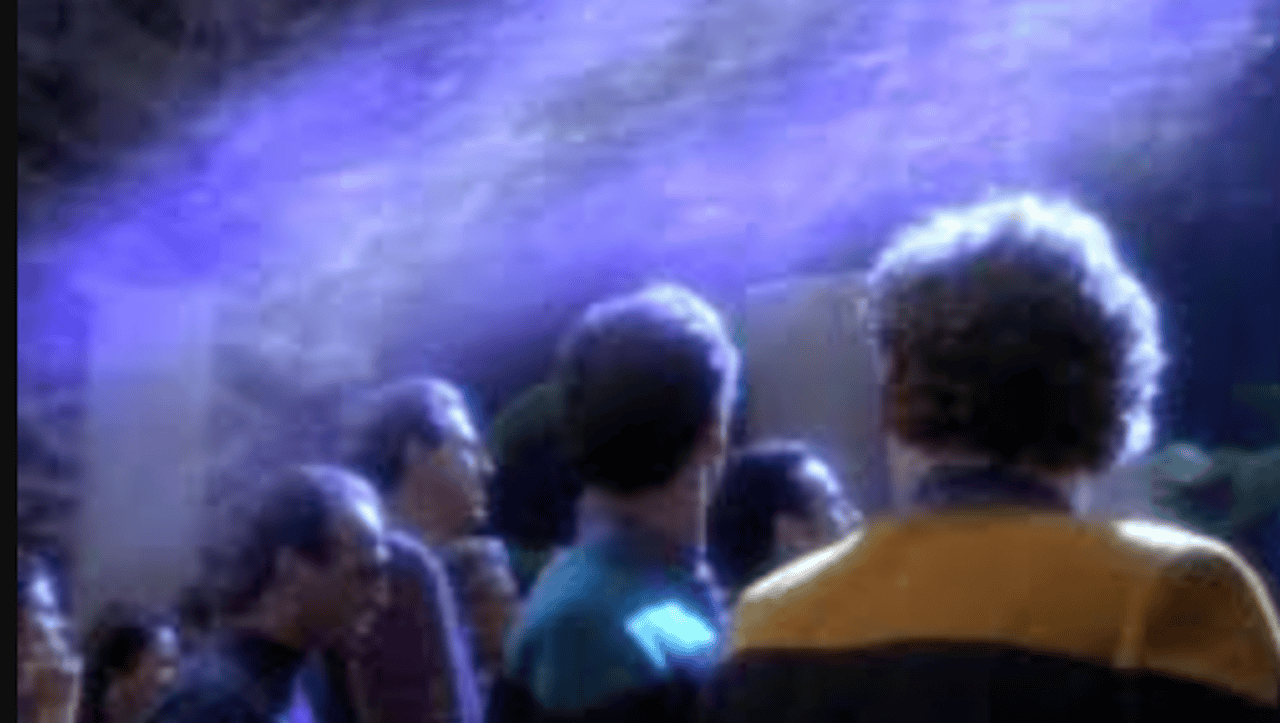
That arguably makes for a very cynical Star Trek episode…after all, “The Storyteller” forces us to analyze our collective tendency to find or create villains so that we can feel like heroes.
To fully dispense with the stories we tell about others would be to abandon the stories we tell ourselves about ourselves. Truth is both stranger and scarier than fiction, so we cling to these narratives a bit closer every day.
Storyteller Often Overlooked
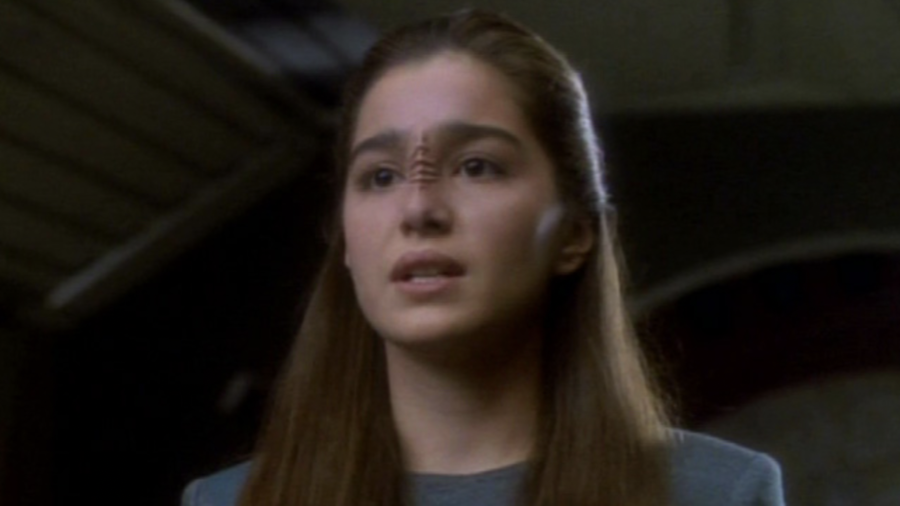
As far as Star Trek episodes go, “The Storyteller” is usually overlooked by fans or simply mocked for its goofier elements.
Like a diamond in the rough, though, there is a powerful theme hidden inside this tale, one that makes us question who we cast as villains and (perhaps more troublingly) if we are really the heroes we imagine ourselves to be.
For my money, embedding such a mature theme in such a silly episode is just one more reason that Deep Space Nine is as good as Trek gets.












